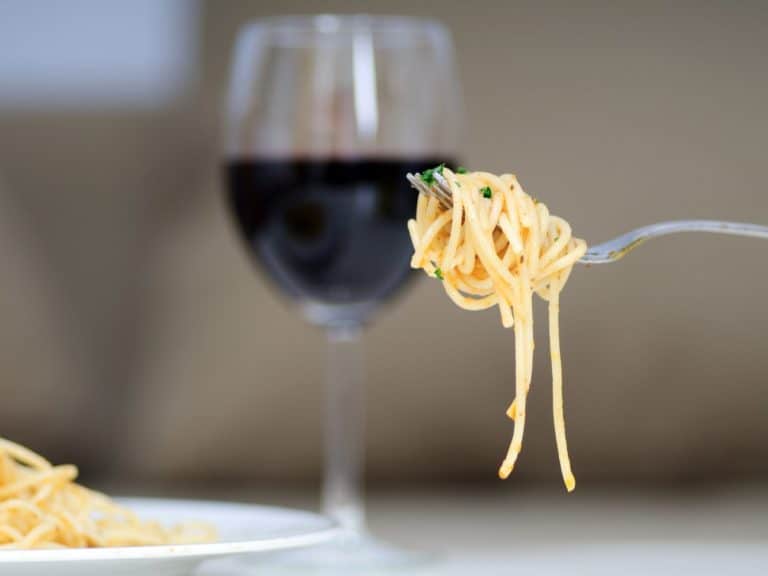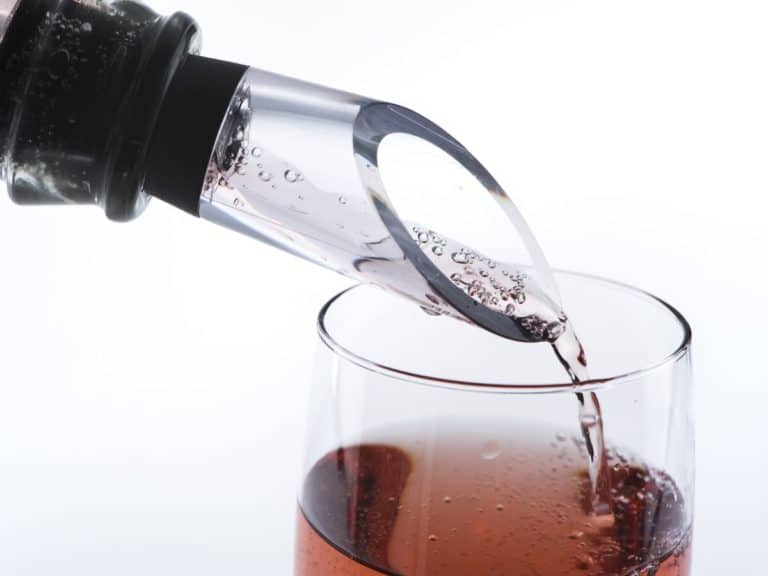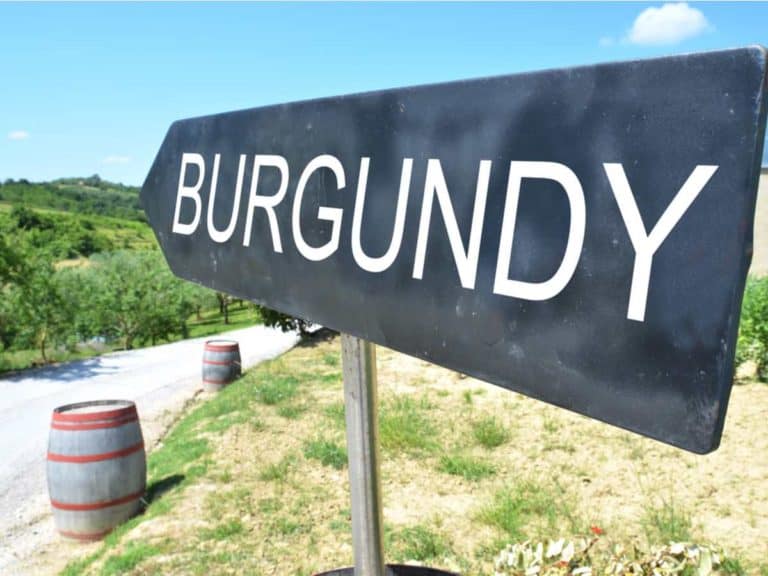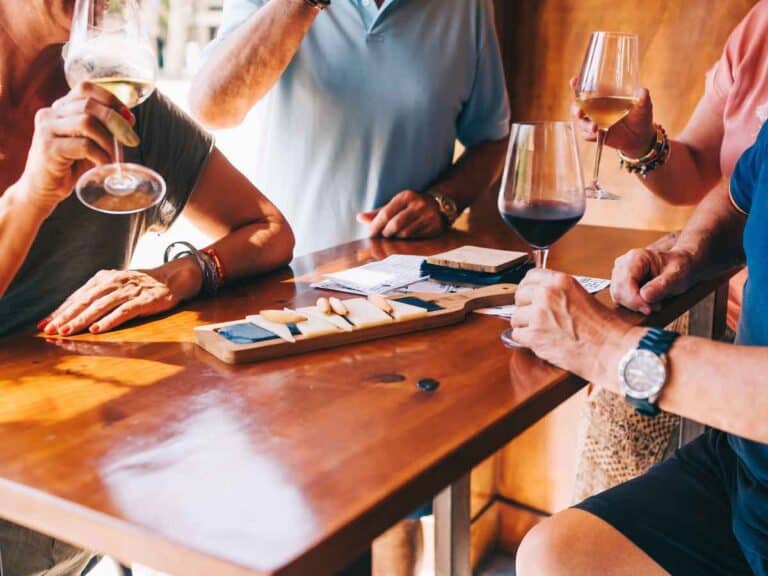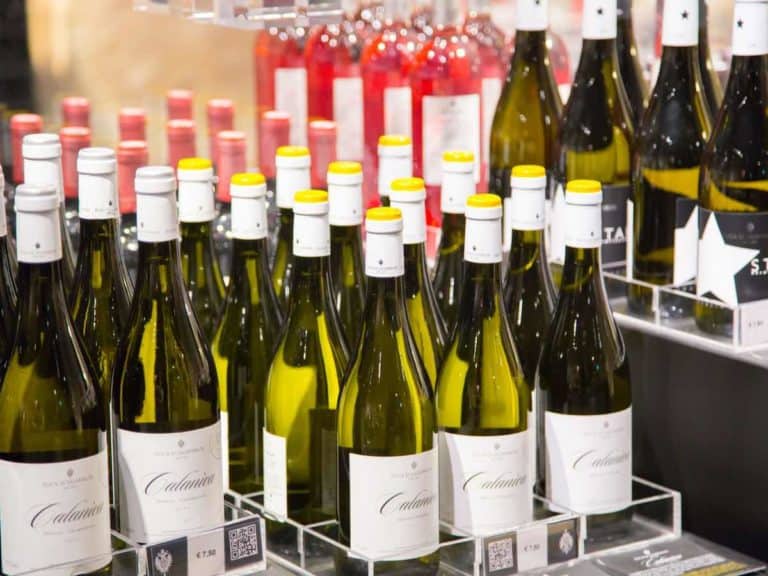Do Barefoot Wines Expire and How Fast
Barefoot wines may be unique in their name and flavor but are just like other wines when it comes to their life in and out of the bottle. They say wines get better as they age, but like every consumable item, they have a particular expiration date.
Barefoot wines tend to stay fresh for up to a week after opening but if unopened, may pack the punch for a year or two if stored properly. In today’s article, we’ll discuss the lifespan of these popular products as well as the best conditions to store them in for longevity.
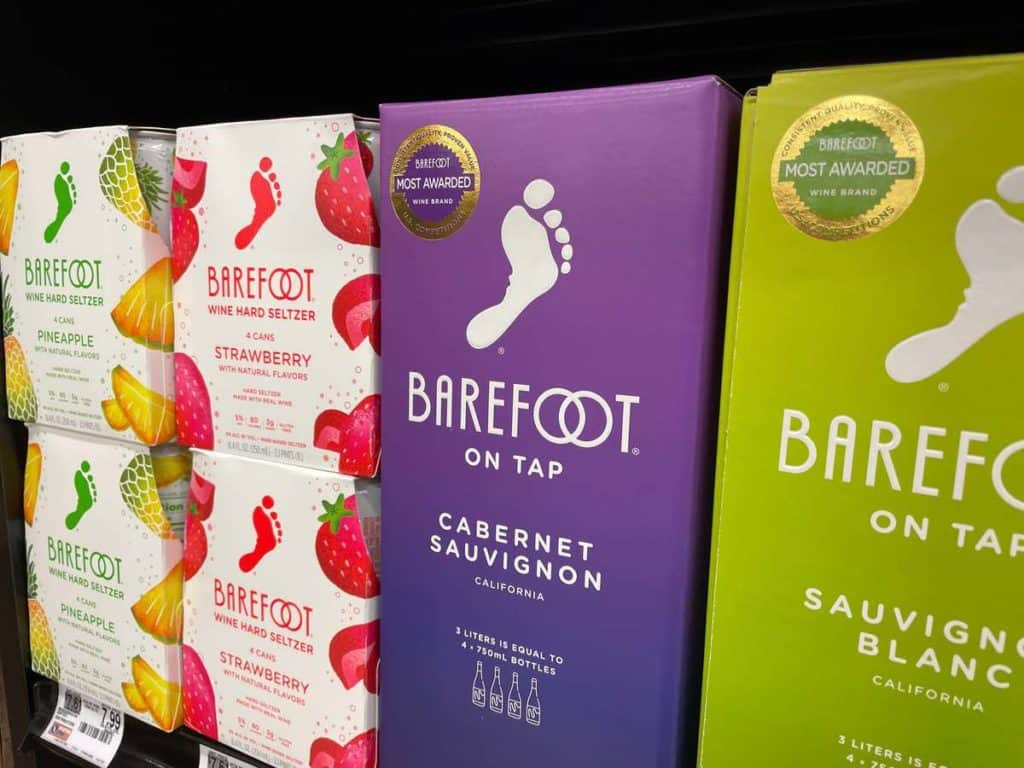
The Expiration Date
These wines come in fancy boxes, with the expiration date printed on them. Just a quick look can give you the exact date you are supposed to consume your Barefoot product before.
In most cases, the expiration date will lie between 18 to 24 months from the date of bottling. For the canned spritzers, however, this date comes earlier at around 6 months. Some red wines may even stay good for up to three years after bottling, given certain conditions are met.
How Long Does Barefoot Wine Last After Opening
Barefoot wines last up to a week after opening depending on the kind. The full-bodied wines like the red and some of the blushes may last up to one week after opening. To ensure they stay good, screw the lid tight and refrigerate them.
In the case of the Barefoot Bubbly, it is recommended that you finish it the day you open it. However, with proper refrigeration, it may last up to 3 days. In some cases, it might still lose its effervescence.
Can You Consume Wine After Expiration?
Generally, it isn’t exactly advisable to drink Barefoot wine after expiration, unless you want to be left with a vinegary aftertaste. In addition to the acidic smell, the wine may even taste like dry, nutty fruit, instead of the original fruity taste.
In terms of its repercussions on your health, there are no researched negative effects of drinking wine that has gone bad. In some cases, temporary uneasiness and nausea may ensue, but nothing severe has been noted.
In most cases, it is strictly advised to not indulge in a Barefoot spritzer after its expiry date.
However, there is an important caveat. Other alcoholic drinks may not be exactly potable after their date of expiry. Research before you indulge!
What Makes Your Unopened Barefoot Wine Go Bad
As we’ve mentioned, Barefoot wines are a lot like other wines, even with the things that make them go bad.
Sunlight
Sunlight is perhaps one of the factors that affect the wine in the worst way. When wines are exposed to it, they quickly develop a foul taste, smell, and mouthfeel. Such wines are called ‘light struck’, and your Barefoot is also susceptible to this.
Light-bodied wines, white in most cases, are more prone to such kinds of damage, and hence come in dark, tinted bottles. Red wines, which typically have more alcohol content than their white counterparts are also vulnerable.
What Actually Happens
Wines contain riboflavin, commonly known as Vitamin B2, and pantothenic acid, Vitamin B5. When they are exposed to the ultraviolet rays of the sun, they get activated and produce nascent oxygen.
Thus in an excited state, these components react with the amino acids in wine to produce sulfur-based compounds. These compounds cause the wine to taste foul and smell pungent.
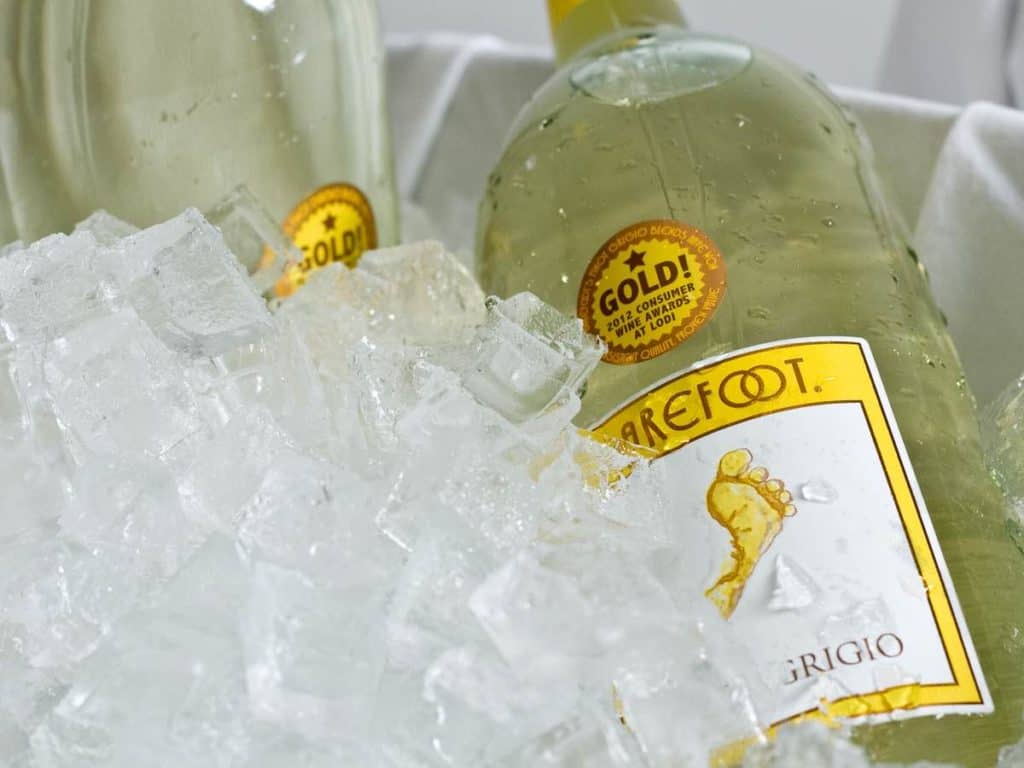
Acetobacter
Acetobacter is one of the most commonly found bacteria in nature. It is omnipresent. If acetobacter gets in your wine through air contact, it can quickly react with the help of oxygen and produce water and acetic acid, the key ingredient of vinegar.
To avoid the growth of such yeasts and bacteria, all Barefoot wines contain sulfites. Sulfites kill such micro-organisms and inhibit their growth.
Talking about air contact, another potential threat to your wine is oxidation.
Oxidation
Another way that your Barefoot wine can potentially face harm, is exposure to air. When the wine comes in contact with air, the oxygen, with the help of the said bacteria, can quickly oxidize your wine, leaving your bottle with vinegar that will feel spiky going down your throat.
However, Barefoot seems to have taken care of that issue, with screw tops instead of the conventional cork on most of its products. Ensure that the lid is screwed tightly and the seal is not broken before the purchase.
Attention! Dry Corks Let Air Pass
The Barefoot Bubbly, a sparkling wine, comes with a cork. The issue with corks is that they can dry out, easily letting air pass through them. Again, direct contact with air can spell irreversible damage to your wine.
It can also affect the fizziness of the wine, allowing the carbon-dioxide to escape.
Best Way To Store Your Barefoot Tipples
So, if you’re planning on storing a bottle of Barefoot to enjoy later, consider these tips to ensure the best conditions for them.
- Keep the wine in a cool and dark place. Light and absence of moisture are both dangerous for it. Also, in hotter temperatures, the wine may get ‘cooked’, letting its flavor and aroma flatten.
- Ensure that you place a corked bottle horizontally. This will keep the cork in contact with the wine which helps prevent air passage.
- The wine should be placed in humid conditions. While there is debate on the exact level of humidity, a good number to follow is 70%.
The Final Word on Barefoor Wine Expiration
Barefoot wines, if stored properly can last up to 2 years without losing their characteristic aroma and flavor. However, for their sparkling wines, it is still your best bet to finish them at the soonest after purchase.
After opening, all Barefoot wines, except the Bubbly, stay good for a week if refrigerated. Once opened, the Bubbly delivers the best taste within three days.
Now expired Barefoot wine, or any wine, in fact, may not do any considerable damage if consumed, but it is still not a recommendable indulgence. Other alcoholic drinks may have serious effects when expired.
Read Also: Does Blush Wine Expire
